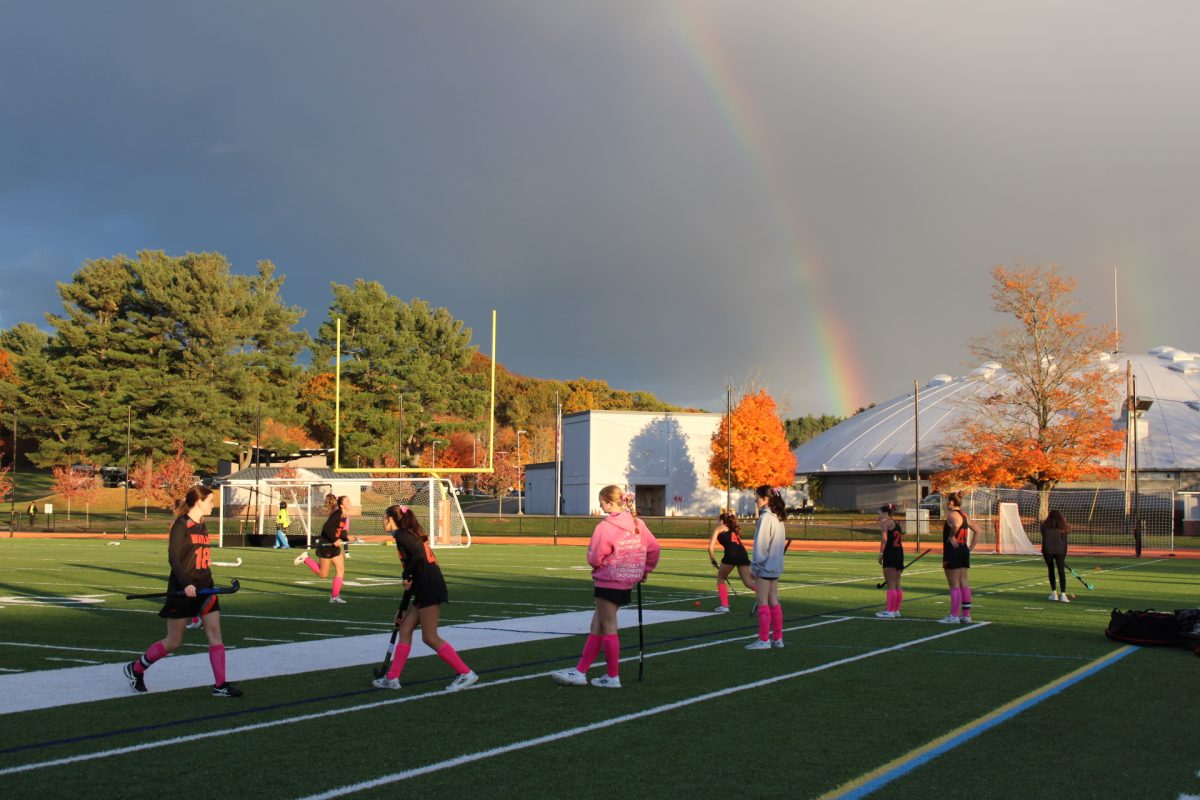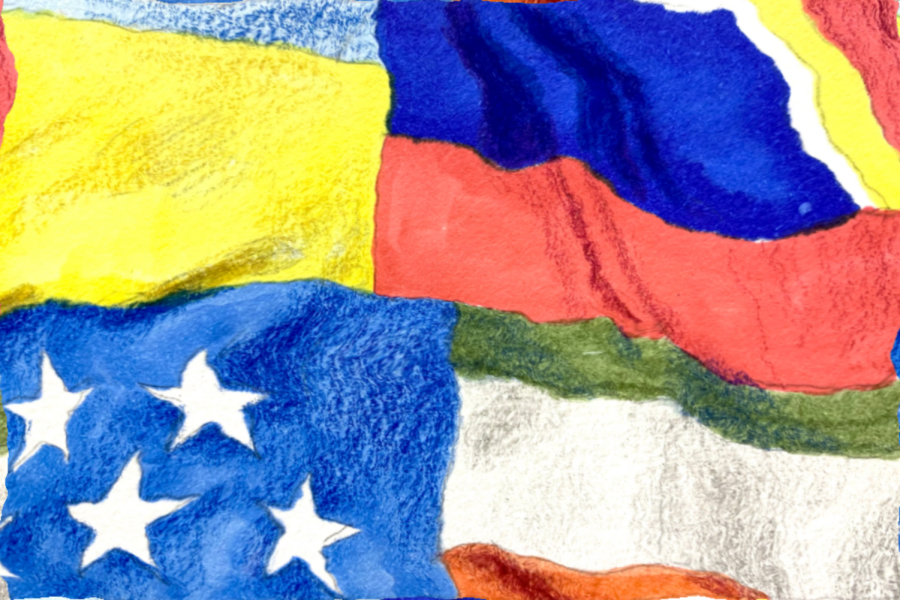Opinion: Negative effects of the woke movement have come to Wayland
Credit: Alyssa Ao
WSPN’s Ryan Chase shares his thoughts on how the woke movement has affected Wayland.
June 10, 2023
Every year, Wayland Elementary Schools fifth graders participate in the annual biography project, where they are able to dress up as a person they choose to study. However, this year, fifth graders at the Loker Elementary School were told that they were not allowed to dress up for the project because of one of the school’s aims: “Removal of barriers for children who didn’t want to choose a person of the opposite sex, different race or cultural background, etc. because of the costume requirement.”
One of the reasons listed was phrased similarly to “cultural appropriation.” So, what does cultural appropriation mean?
The definition of cultural appropriation is “the unacknowledged or inappropriate adoption of the customs, practices, ideas, etc. of one people or society.” The term is used frequently today, however, I believe that, in many ways, this term is misunderstood and has created more harm than good.
This decision by Loker School has done more harm than good because it has caused some students to be scared of learning about other cultures. Part of the problem with the “woke” movement today is that it makes people nervous about labeling things, and some people may take offensive to this labeling. The new woke rules can make a person reluctant to represent another culture for fear of being accused of cultural appropriation. The woke movement has been necessary and helpful, but it has become more aggressive and less specific to a point where simple words and descriptions are no longer allowed.
Cultural appropriation has caused many people to be criticized and berated for trying to honor and respect other cultures. A prime example of this is Nancy Pelosi and Chuck Schumer, who wore Kente Stoles to a gathering at Emancipation Hall. They intended to honor the Black and African communities, but Pelosi and Schumer were met with serious accusations of cultural appropriation. “Quickly apparent on Twitter and elsewhere, many Black activists and cultural leaders are critical of the gesture,” Forbes said. Pelosi and Schumer were not trying to offend anyone, instead they wore Kente Stoles out of respect.
In my personal experience, the fifth grade biography project was both fun and exciting because we got to put together costumes that represented the person we chose to research. Some kids chose and dressed up as figures from other races, and I didn’t see anyone offended, so what changed? Further, teachers and parents made sure that our costumes were not offensive.
Of course, there are still circumstances where representation of a culture is offensive. However, teachers and parents monitor students’ costumes to make sure the way they dress up is respectful.
Cultural appropriation is incredibly controversial. It’s important to know that it’s a major problem in society, however, it is vital to hear all sides of the story.





























Mary-Ann M Wohlfarth • Jun 13, 2023 at 11:46 AM
Well written. So sad this has happened. The biography project was always a highlight of 5th grade.
Joe Rizoli • Jun 11, 2023 at 3:02 PM
I don’t know how these school committees and teachers ever function in a real world..Instead of the basics of reading writing and arithmetic we have kids being forced to make decisions in their lives that shouldn’t even be made until they are out of high school…The result of all this pressure will be kids with all sorts of mental distress alleviated by bad moral decisions and possible drug use to deal with these problems…